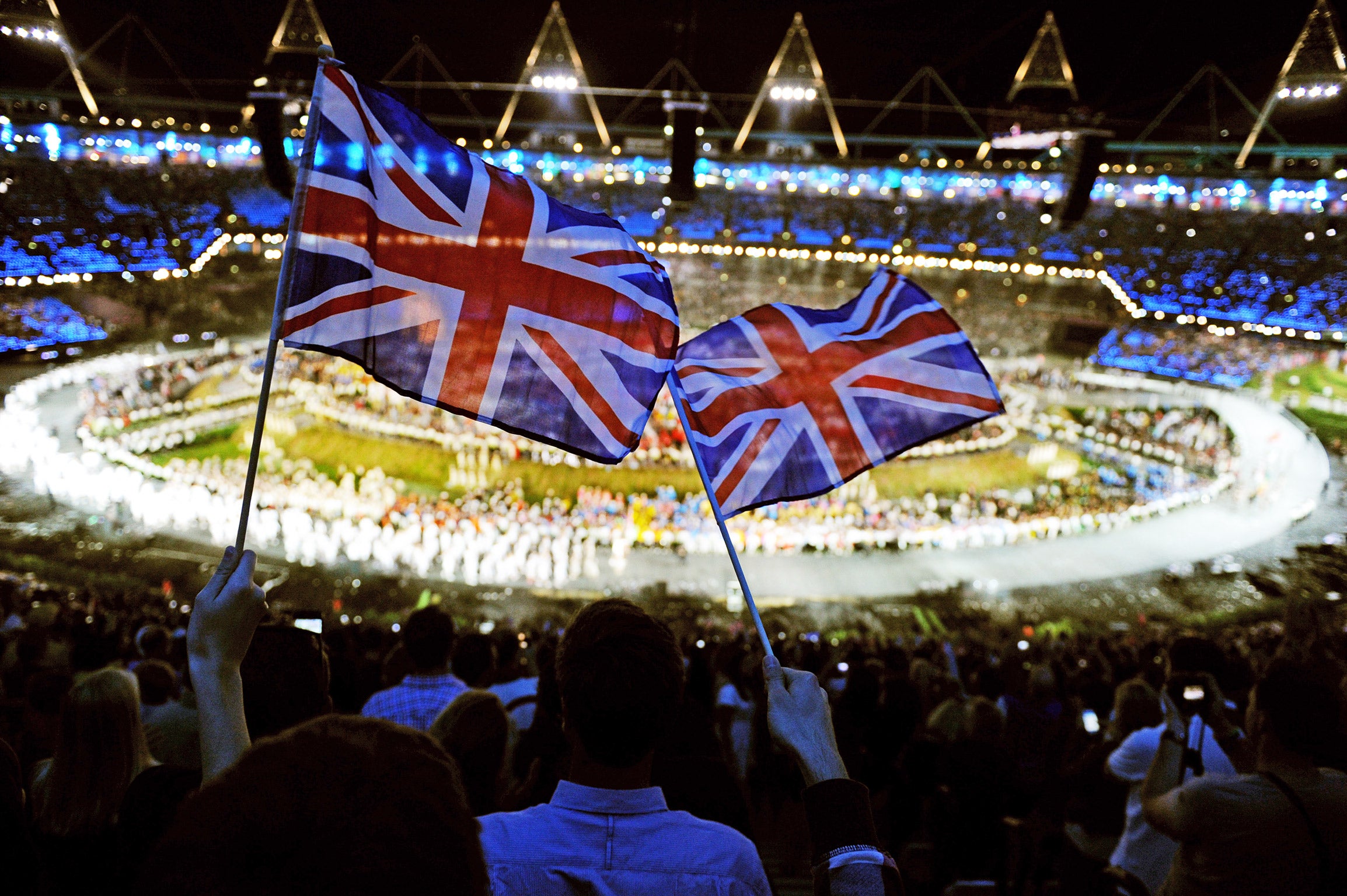Scottish independence: Losing the Union Jack flag could cost 'brand Britain'
Flagmakers are quietly rejoicing, however

Your support helps us to tell the story
From reproductive rights to climate change to Big Tech, The Independent is on the ground when the story is developing. Whether it's investigating the financials of Elon Musk's pro-Trump PAC or producing our latest documentary, 'The A Word', which shines a light on the American women fighting for reproductive rights, we know how important it is to parse out the facts from the messaging.
At such a critical moment in US history, we need reporters on the ground. Your donation allows us to keep sending journalists to speak to both sides of the story.
The Independent is trusted by Americans across the entire political spectrum. And unlike many other quality news outlets, we choose not to lock Americans out of our reporting and analysis with paywalls. We believe quality journalism should be available to everyone, paid for by those who can afford it.
Your support makes all the difference.Business leaders and marketing experts are warning that Britain’s global status and export trade could suffer if it gives up one of its most potent brand assets – the Union flag.
The prospect of Scottish independence has prompted speculation that the Saltire would be excised from the banner that has represented the United Kingdom for more than 200 years. Alternative designs have seen the flag redrawn in red and white or with green elements to recognise Wales’s loyalty to the union.
John Cridland, director general of the CBI, was among those who today stressed the economic value of the iconic 1801 flag. “The dynamic red, white and blue of the Union Jack is instantly recognised around the world,” he said. “It’s a symbol of trust in business and helps open doors for British firms in trade markets across the globe.”
Branding expert Andy Wise, of Engine Creative, said: “I think it’s the most recognisable flag in the world - if you go abroad you see the Union flag on T-shirts and bags.” The flags of France, Italy and other European nations had nothing like the same international cachet, he said.
“Visually the Union Jack is striking and dynamic. So are the Stars and Stripes, and the Japanese flag from a design perspective is lovely and minimalist.”
Alterations to the Union flag design would cause identity issues for more than 20 other countries and territories, including Australia, New Zealand and Fiji. But change would at least provide an economic lift to flag manufacturers. “The impact on us as the people that make them will be absolutely wonderful,” said Chris Deegan, MD of Buckinghamshire firm Flagmakers Ltd. “Everyone that’s got [a Union flag] will have to get a new one.”
Suddenly the Union flag’s future is in doubt. Only two summers ago was everywhere, in celebration of the Queen’s Diamond Jubilee and the performance of Team GB at the London Olympics.
It was so ubiquitous on packaging that marketers became fearful of a consumer backlash, as 56 per cent of respondents to a survey by brand consultancy Coley Porter Bell warned that the flag should only be used subtly to sell products. Its planning director John Clark suggested today that a new flag could “present an opportunity for Brand Britain to think about what it wants to stand for in today’s world and create a new visual icon that proudly reflects that to the world”.